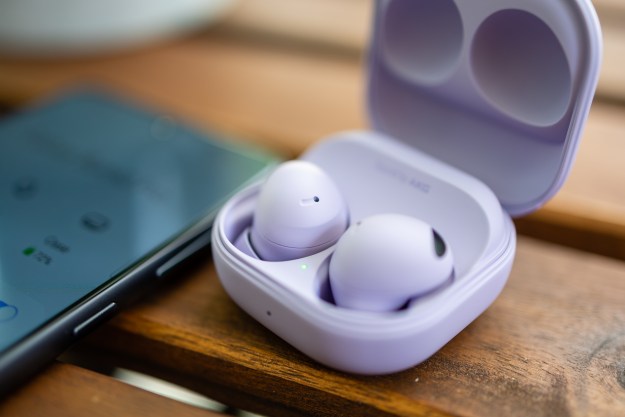Updated 7/14/2014: Netflix released its Speed Index Report for June today, which once again showed Verizon’s FiOS service slipping in the rankings, down another two spots from May. The latest report puts Verizon’s flagship service at a dismal 12th place in the top 16 ranked ISPs, down 17 percent from 1.9 Mbps in May to 1.59 Mbps in June. The news comes just a few days after Verizon’s condemnation, and adds more heat to the broiling debate between the two companies.
Verizon points the finger
In the blog post, Verizon’s vice president of federal regulatory affairs, David Young, claims that the telecom giant recently completed a review spawned by a letter from a Verizon customer in Los Angeles, who complained that Verizon was throttling his Netflix streams.
Channeling John McCain’s “Joe the plumber” monologue, Young claims this single letter spawned a full review of the customer’s network connection, finding “no congestion anywhere within the Verizon network.” Further, Young claims that its review found “congestion at the interconnection link…used by the transit providers chosen by Netflix to deliver video traffic to Verizon’s network.” In other words, Verizon is claiming quantifiable proof that Netflix is to blame by not keeping up with its transit duties when it comes to supplying video streams to ISPs, using insufficient third-party transit.
Young goes on to argue that a deliberate choice was made by Netflix to deliver its downstream traffic through insufficient means, which are unable to handle the service’s massive traffic streams, which now amount to over 1/3 of all downstream traffic in North America during peak hours.
“For whatever reason (perhaps to cut costs and improve its profitability), Netflix did not make arrangements to deliver this massive amount of traffic through connections that can handle it,” Young writes. “Instead, Netflix chose to attempt to deliver that traffic to Verizon through a few third-party transit providers with limited capacity over connections specifically to be used only for balanced traffic flows. Netflix knew better.”
Indeed, Netflix did know better.
Open Connect
Young’s tack is an interesting one here, considering that Netflix created its own content delivery system, Open Connect, long ago to remedy streaming issues, which Verizon refused to use. Open Connect is essentially a direct connection to Netflix servers that is designed to circumvent the same kinds of third-party transit providers for which Young condemns Netflix for using. Other ISPs who do subscribe to Open Connect, such as Cablevision, rank at the top of the Netflix Speed Index charts.
Still, on the other side of the coin, a recent report from Light Reading claims that Netflix may not be the white knight it paints itself to be. The report outlines claims from Peter Sevcik, an engineer with “decades of Internet experience” who says that the so-called “last mile,” the point at which traffic connects to ISPs, can’t be to blame for streaming issues. Sevcik claims Netflix streaming only takes about 2 Mbps in the last mile, and most ISPs are delivering much more bandwidth than that.
The report seems to support Verizon’s claims that Netflix’s third-party delivery system is simply too congested, and further, that Netflix could purchase more transit to alleviate the issue if it so desired. But Netflix wants to stop giving its money to third-party transit systems, and instead build out its Open Connect system.
Deal? What deal?
But what about Netflix and Verizon’s deal for faster connection? Not long ago, the two companies made a very public, and very controversial pay-for-speed deal, which was designed to allay the very streaming issues in question. The deal also helped feed the flames of today’s debates about network neutrality, as flocks of consumer advocates argue that such deals could lead to an unfair class system online that favors the rich and powerful.
However, neutrality issues aside, not long after the deal, Verizon began to dip in the speed rankings (see Index chart again), instead of improve. The issue spurred Netflix to begin posting public messages for Verizon customers experiencing buffer issues that read “The Verizon network is crowded right now.” That message did not make Verizon happy and, in fact, sparked a cease and desist order from Verizon’s legal team, as well as general public sparring that helped lead to Thursday’s blog post, and the continued back-and-forth spat.
Regardless of who you believe, we have no doubt there is much more to the story than what’s available to us, the confounded public. In any case, Netflix will almost assuredly respond soon, so we’ll keep you abreast of the situation as it develops. Your move, Mr. Hastings.


